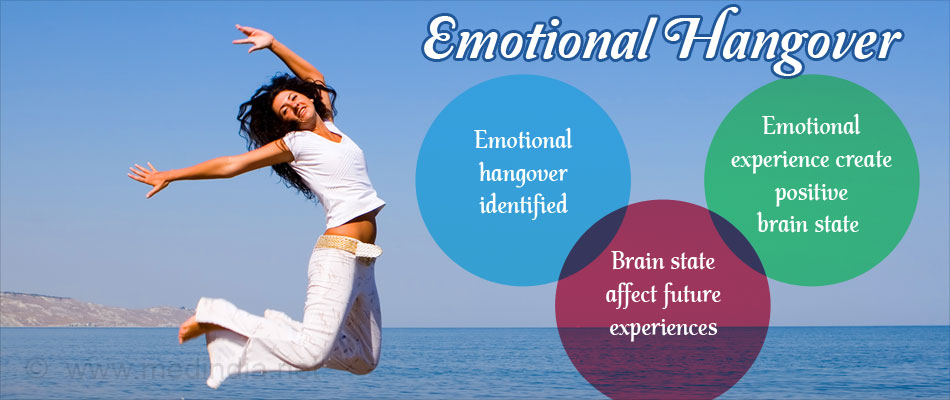
- Emotional experiences result in a brain state that affects future experiences.
- Non-emotional experiences that occur after emotional experiences are remembered better
- Non-emotional experiences that precede emotional experiences are not recollected as clearly as when they occur after emotional experiences.
It has for long been thought that emotional experiences are the ones that leave a mark in the memory of an individual. In this study, however, it was found that non-emotional experiences that follow emotional experiences are also remembered when the study researchers conducted a memory test with the participants.
Emotional recalling
The study was based on a series of images that two different groups of participants were shown.Group 1:
The participants in this group were screened emotional images initially that even elicited arousal. Following the emotional images, the group participants were then screened non-emotional images after a period of 10 to 30 minutes.
The participants in this group were first screened non-emotional images first and then were screened emotional images.
Emotional Experiences Provided Better Recall
The findings of the study proved that an emotional connect proved to be better in etching the situation into memory rather than mere non-emotional experiences. The group of participants who viewed emotional images initially, followed by non-emotional images recollected the images better than the group of participants who viewed non-emotional images first.The brain studies that were conducted using fMRI showed that an emotional experience resulted in a brain state that lasted for a period ranging 20 to 30 minutes. The experiences shared during this time were recollected better, even if they were non-emotional. This showed that emotional experiences resulted in a brain state that affected future experiences and recollections.
When non-emotional images were viewed initially, they did not evoke the same emotions nor did they elicit a brain state that aided in their recollection later. So the group that viewed the non-emotional images first, did not recollect these images as vividly as the group that viewed non-emotional images after viewing emotional images.
Davachi conducted this experiment along with colleagues to understand the essence of emotional health and to correlate emotional experiences with memory and recollection. This study proves conclusively that non-emotional experiences are remembered better if they follow emotional experiences.
The study is important for understanding the relevance of emotional health in well being. Emotional health is when the individual is happy, self-confident, resilient and self-aware. People who are self-confident are able to manage their life better and are more successful in life. The current study that identifies the alteration in the brain state after an emotional experience is a sign of the impact of emotions on memory.
Further studies that look at emotional connections for specific improvements in memory would aid in improving concentration at work as well as in schools, where large amount of information is shared on a regular basis. The brain state that is created after an emotional experience could also be further detailed to understand the trigger and the mechanism of action for drug targets. Such drug targets could help people with memory problems , including Alzheimer’s.
The benefit of enjoying an emotional experience is not only limited to feelings of elation after the experience is over but colors future experience and their memory. It is, therefore, important to have positive experiences that create a happy brain state for better cognition.
References:
- Improving Mental and Emotional Health - (http://www.helpguide.org/home-pages/emotional-health.htm)
- Building Mental and Emotional Health - (http://www.helpguide.org/articles/emotional-health/improving-emotional-health.htm)
Source-Medindia















